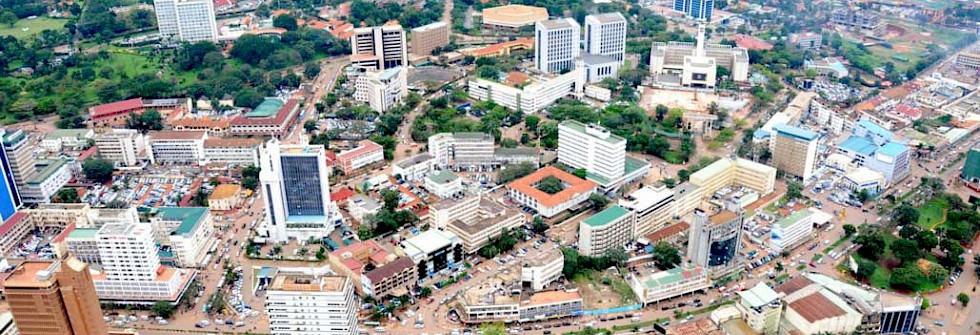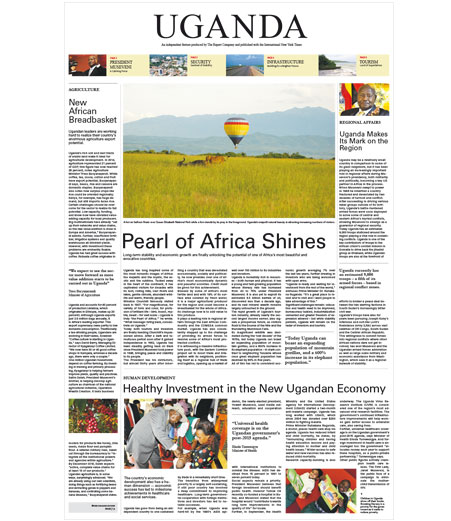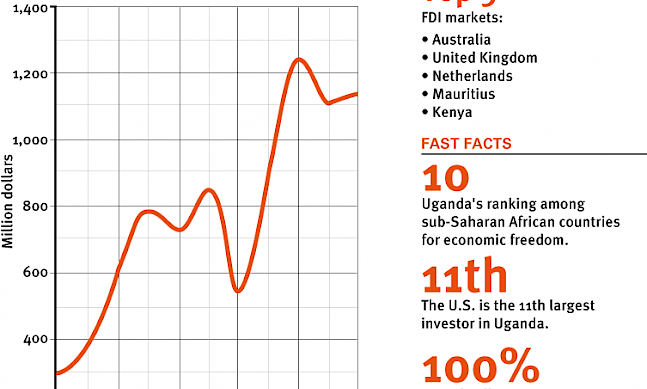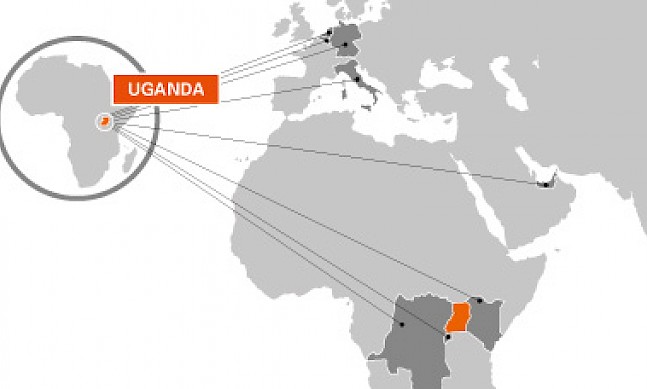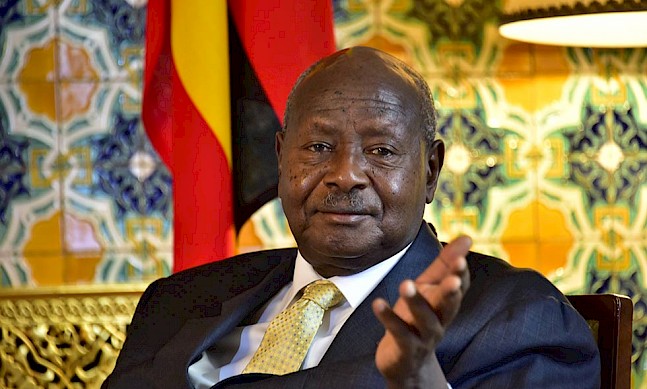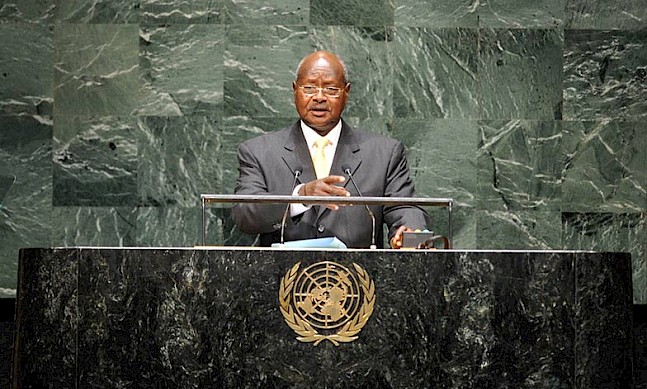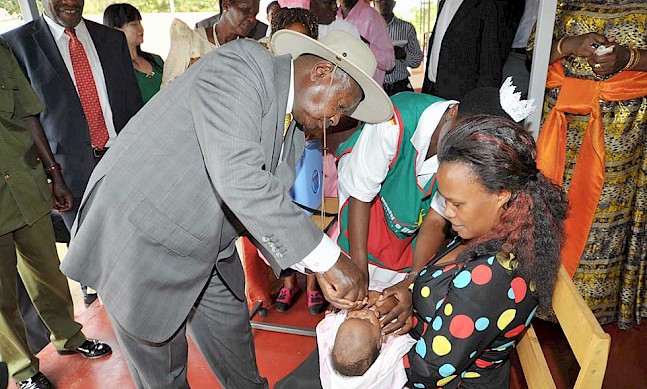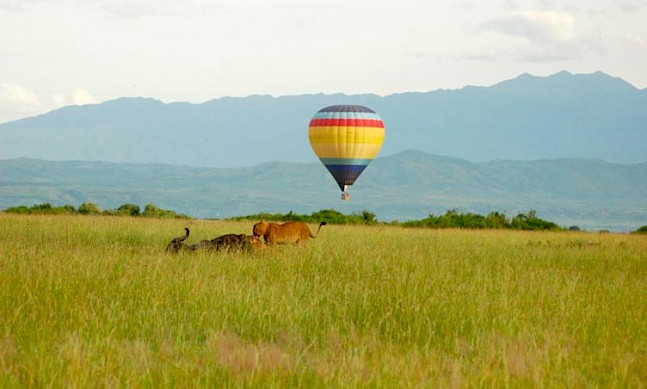Despite turbulence beyond its borders, Uganda has enjoyed domestic stability due to its responsible and dedicated security doctrine.
Although they enjoy political stability and peace, Ugandans know that theirs is a tough neighborhood. As major participants in African Union peacekeeping missions, Ugandan diplomatic and security forces have long confronted instability in Somalia and South Sudan. Military deployments to such places have embellished Uganda’s reputation as a reliable security partner for regional and international allies.
Further, though Uganda has mostly been spared the large-scale terrorist attacks that have afflicted neighboring Kenya and Tanzania, security planners are constantly preparing preventative measures and improving capacities. The late interior minister, General Aronda Nyakairima, developed a comprehensive national security strategy in the years preceding his untimely death on September 12th. This strategy has involved increased cooperation with foreign intelligence partners, technological upgrades and, fundamentally, respect for Ugandans’ civil rights.
Uganda suffered a major terrorist attack in July 2010, when the Somali Al-Shabaab group bombed two locations in Kampala, killing 74 people — reportedly, in retaliation for Uganda’s participation in the Somalia peacekeeping mission. Also 93 people died in July 2014, when tribal fighters attacked Ugandan police on the country’s western border. During the late 1980s, Joseph Kony’s Lord’s Resistance Army challenged the government, but was eventually forced to retreat across the frontier zone. Nevertheless, these collective experiences have led Ugandan security authorities to keep a close eye on what is going on beyond their borders.
This is why the government looks to the broader region as well when dealing with security. For the interior minister, the concept was simple. “Even if we are secure here, if the neighborhood is insecure, we are accordingly insecure,” he stated. “If you have collective security, most likely you would have collective development. If we have collective growth, we will have collective prosperity, and then we will have a regional market that will support an internal market.”
“At one time, Uganda was synonymous with insecurity and conflict. That’s over now.”
Aronda Nyakairima Minister of Internal Affairs
Post ThisThe rise of global jihadism in the post-9/11 world has dramatically increased Ugandan security cooperation with countries like the United States, France and Britain.
According to the interior minister, “These are global challenges and all of us have to deal with them. The challenge that is facing policing is quite serious, but at the same time you can’t wish it away; you have to take charge of it.” A grim reminder of the dangers accompanying this security commitment came on September 1st, when 19 Ugandan peacekeepers were killed and six missing following an Al-Shabaab attack in Somalia.
One totally novel aspect of Ugandan security policy is the eventual comprehensive introduction of national identity cards. The interior ministry sees this process as a way to both monitor and identify its citizens. At some point after all 16 million Ugandans are put into the system, the government will also issue ID cards to the country’s resident aliens. The system “is another element to be added on to our arsenal of security weapons,” said the interior ministry.
Police take a broader view of national security than just intelligence and military power, however: Nyakairima stressed education and economic development as giving young people a positive alternative to crime or terrorism. “We also need to make sure we provide an enabling environment so that development takes place and people with money come in to invest,” noted Nyakairima. “If a bomb goes off or a tourist is attacked then people will not come, so that is our ultimate concern.”
All Ugandan leaders are on board with this doctrine. “It’s not enough for us for Uganda to be secure alone,” says Prime Minister Ruhakana Rugunda. “The region must be secure. Uganda has played an important role in that respect and we are doing so because of our commitment to have peace and stability in the region in order to promote regional trade which will then benefit all of us.”
Uganda is already preparing one of its most sophisticated security plans ever: the mission to protect Pope Francis, who will make a historic three-day visit in late November. With Catholics from across Africa coming to greet the wildly popular pontiff, the event is both a great honor and responsibility for Ugandans.


